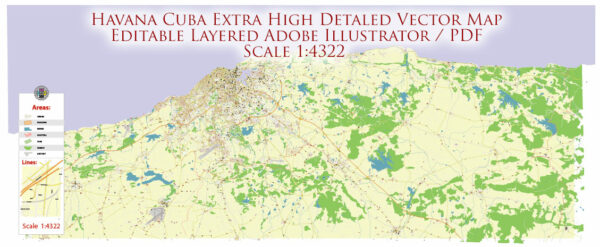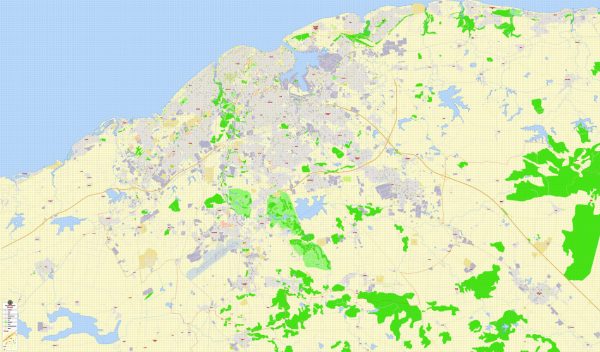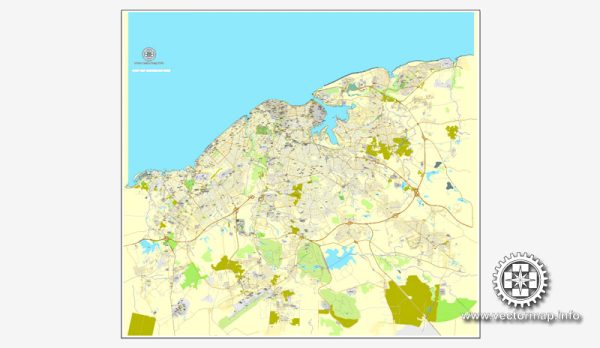Socio-economic description of Havana, Cuba.
Havana is the capital and largest city of Cuba, and it plays a central role in the country’s socio-economic landscape. Here are some key points regarding Havana’s socio-economic conditions:
- Economy:
- The Cuban economy, including Havana, has historically been characterized by state control and socialism. The government owns and operates most major industries, including tourism, healthcare, and education.
- Tourism is a significant contributor to Havana’s economy. The city boasts a rich cultural heritage, historic architecture, and beautiful beaches, attracting visitors from all over the world. The tourism industry generates foreign currency and provides employment opportunities.
- While there have been efforts to liberalize the economy and encourage small-scale private entrepreneurship in recent years, the state continues to dominate most economic activities.
- Income Inequality:
- Income inequality has been a challenge in Cuba, with significant variations between state workers and those involved in the private sector. State workers often receive low wages, while some private entrepreneurs, particularly those in the tourism and hospitality sectors, may earn more.
- Housing:
- Housing in Havana can be characterized by a shortage of quality housing, with many buildings in need of repair and maintenance. Housing conditions can vary significantly, with some areas having better infrastructure and housing than others.
- Education and Healthcare:
- Cuba places a strong emphasis on education and healthcare. Education is free and universally accessible, and the country has a high literacy rate. Similarly, healthcare is free and of relatively high quality.
- Transportation:
- Public transportation in Havana is primarily state-run. The city has an extensive bus system, and classic American cars from the 1950s are often used as taxis.
- Cultural and Social Factors:
- Havana is renowned for its vibrant culture, including music, dance, art, and literature. The city’s cultural scene is a significant part of its identity and contributes to its appeal to tourists.
- Cuba has a strong sense of community and social cohesion, with tight-knit neighborhoods and a focus on social welfare. However, some residents may face challenges due to economic disparities and limited access to goods and services.
- U.S. Embargo:
- It’s important to note that Cuba, including Havana, has been subject to a long-standing economic embargo imposed by the United States. This embargo has had a significant impact on the country’s economy and development.
The socio-economic conditions in Havana, as in the rest of Cuba, have been influenced by the country’s unique political and economic system. The Cuban government has been working to implement economic reforms to address some of the socio-economic challenges, but the situation can vary widely among different segments of the population. For the most current and detailed information, it’s advisable to refer to recent sources and reports on the subject.




 Author: Kirill Shrayber, Ph.D. FRGS
Author: Kirill Shrayber, Ph.D. FRGS